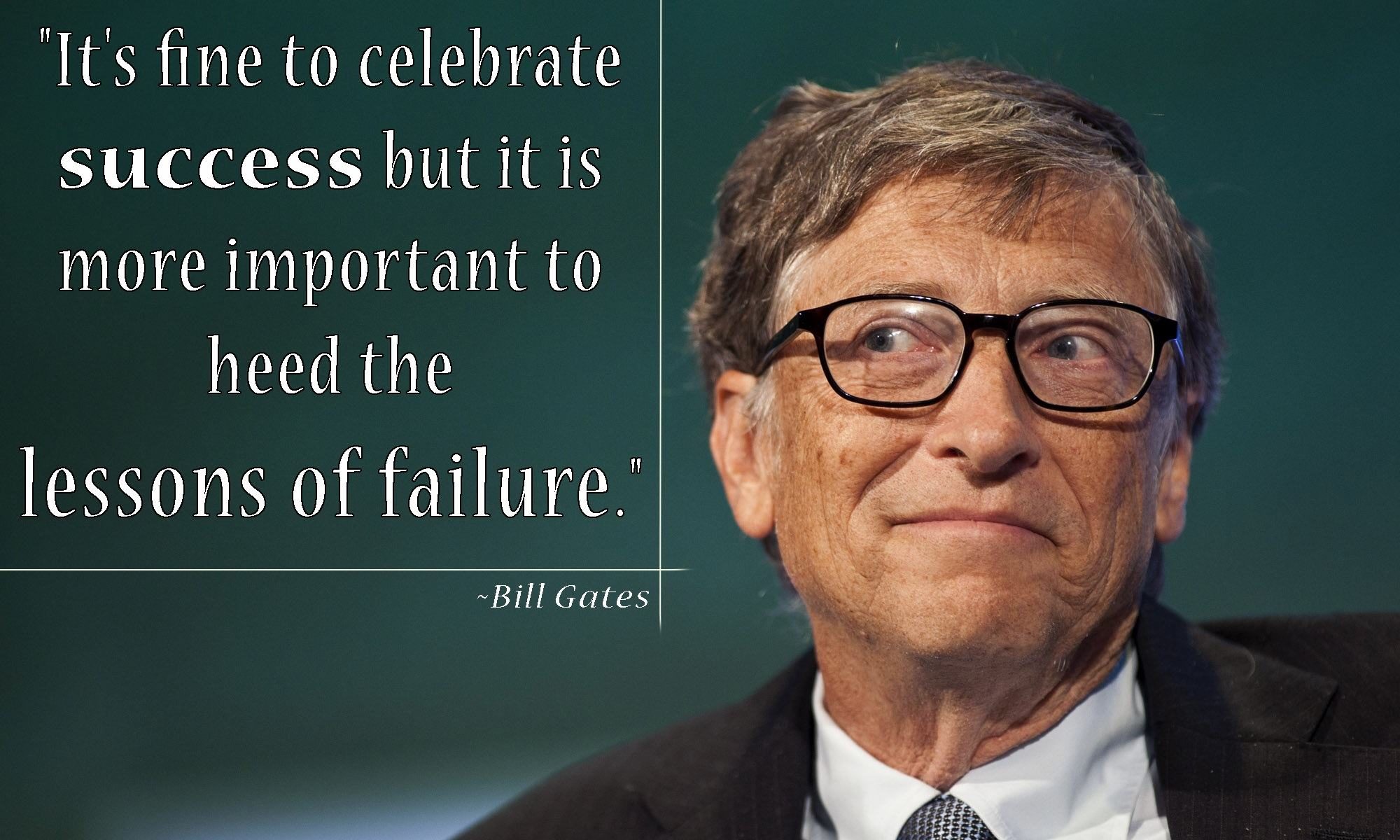There’s a wide sense of lament since Oracle has taken over Sun and their intellectual property, including MySQL, Java, Solaris and their hardware sales business. I’d say the average observer of this process might use the terms “slow moving train wreck”. I doubt they are far off on this one.
You know what? I think Oracle taking over Sun and acting stupid is actually a GOOD THING.
No, really I do. Let me explain.
Sun has a long history of innovation with Java. They also have a long history of missteps (take your pick, but I personally like the layoffs that happened biannually but basically culled the best folks who took packages to get out of the toxic environment) and flat out screw ups (Hello? Selling off your $1B/year professional services business because you’re not a “software company”? Wish I had those kind of problems). I have a number of personal friends who worked there (mostly past tense, but there are still a few stragglers left) and I don’t wish their employer to crater. No, not at all.
So why is Oracle’s behavior regarding the death of Open Solaris or suing the crap out of Google for the use of Java in Android a good thing? Easy: We now have an opportunity to spur the development world into action.
The Empire Formerly Known As Evil
Flashback to 1995: Microsoft (the former and still ranking Evil Empire) was king of the developer world. Open source was a twinkle in the eyes of a few idealists. Developers paid handsomely to  buy into the Visual Studio paradigm. Or they bought from a competitor (Borland). C++ and C were the de rigeur choices of language at the time. Enter Java and the entire development world was turned upside down. No one saw Sun as the disruptive innovator at the time.
buy into the Visual Studio paradigm. Or they bought from a competitor (Borland). C++ and C were the de rigeur choices of language at the time. Enter Java and the entire development world was turned upside down. No one saw Sun as the disruptive innovator at the time.
Of course, other factors played into it over the years: the rise of the internet, the Dot Com boom and server sales tied into Java usage, the rise of open source and the overwhelming support from the community regarding Java, driving huge amounts of frameworks still in use today. But there was always a motive: fight the evil empire. We fight them because the evil empire doesn’t “get it”. Remember Microsoft’s internet strategy in the late 90s? (From a blog post regarding the missteps of Microsoft, particularly Project Blackbird)
Adobe’s Mark Anders about his time at Microsoft. Anders is well known as one of the inventors of ASP.NET, along with his colleague Scott Guthrie. However, when he joined Microsoft in the mid nineties he worked initially on the project codenamed Blackbird. This was a kind of Windows-specific internet, and was surfaced to some extent as the MSN client in Windows 95. Although the World Wide Web was already beginning to take off, Blackbird’s advocates within Microsoft considered that its superior layout capabilities would ensure its success versus HTTP-based web browsing. It was also a way to keep users hooked on Windows. Anders told me that he never believed in Blackbird and argued that Microsoft should support HTTP instead. According to him, the executives at the time did not want to listen at first, but Blackbird had severe performance problems
 Stuff like this always pisses off the right people. Microsoft didn’t get it, and people got mad. Microsoft’s stupidity in thinking they could control the internet spurred lots of innovation from other companies to make the *real* internet even more valuable. Eventually Microsoft capitulated and followed suit with everyone else.
Stuff like this always pisses off the right people. Microsoft didn’t get it, and people got mad. Microsoft’s stupidity in thinking they could control the internet spurred lots of innovation from other companies to make the *real* internet even more valuable. Eventually Microsoft capitulated and followed suit with everyone else.
And that’s precisely what I’m counting on here for the Oracle debacle. Because Oracle isn’t getting it either (at least for developers). Tim Bray’s article today has a great quote from the Empire itself:
“You don’t get it. The central relationship between Oracle and its customers is a business relationship, between an Oracle business expert and a customer business leader. The issues that come up in their conversations are business issues.
“The concerns of developers are just not material at the level of that conversation; in fact, they’re apt to be dangerous distractions. ‘Developer mindshare’… what’s that, and why would Oracle care?”
Let’s Shake Things Up
Java not good enough for Android? Fine, let’s make a new language that finally innovates on the mobile device, unlocking us from the collective disasters of Objective C, mobile Windows, and bloated Java ME. If Java 7 is going to die at the hands of Oracle, maybe that will motivate some development group to actively fork it in a meaningful way. Or finally develop the successor language to Java that revolutionizes the software community the way Java did in the mid-90s.
This complacency about Java, MySQL, and the state of Sun products has got to stop. It’s time to shake things up. And the last time that happened, exciting times were had by all.
I can’t wait.

